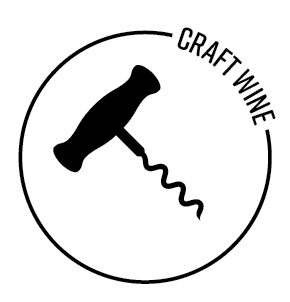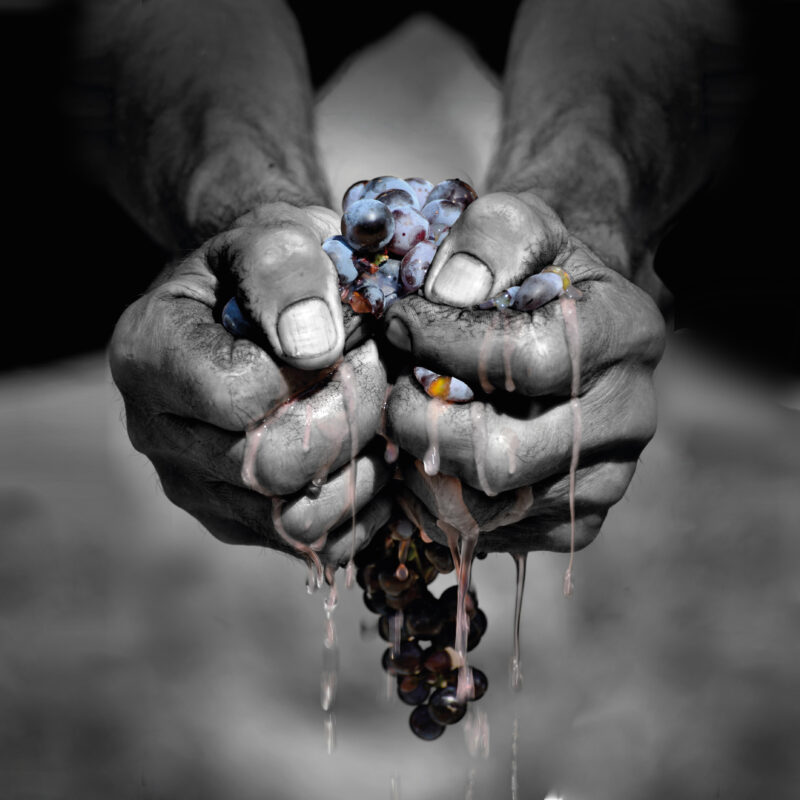howling
Let’s go
Without a clear definition, control body or any other legal regulation, we could say that natural wine is more a rebellious, anti-establishment movement and concept than category. There have been many attempts, mainly driven by the establishment, to categorize natural wine but until today it was never done with big success. A number of natural winemakers pleaded for a wine label simply listing all additives for conventional and natural wines, as is common for all other food products. This would make the difference for the consumer easy and obvious. It seems though, the institutions are more interested in a bureaucratic, profit driven solution. Strictly speaking, natural wine is pure, fermented grape juice with nothing added. Where organic and biodynamic stops, natural winemaking goes further. Organic wine has certain cellar regulations permitting the use of additives like selective yeast, winemaking aids like fining agents, or processes like sterile filtration and pasteurization. These means would not be allowed at all in natural winemaking. What all natural wines have in common is purity and honesty of expression. Natural wines are terroir driven, the grapes used are unique reflection of geography, climate, soil and the wines having the taste of the grapes they are made of. The terroir driven differences for conventional winemaking are secondary and taken away by conventional farming and conventional winemaking techniques.
Natural wines are lately often seen as hype or fad, but they have been around for thousands of years. Within the second half of the XX century the “old fashioned” way of wine making started losing ground in the battle with cheap mass production, supermarket chains demanding every vintage with the same color, aroma and price; irresponsible critics who were misleading the masses and dealers operating without courage and vision. Today natural wine strikes back and is winning ground and place on the shelves in wine shops, conquering the hearts of wine lovers all over the world. They do taste better and are better for your health and the environment. All natural wine is the product of sustainable agriculture containing no chemicals, pesticides, herbicides, no agents for acidification, clarification, decolourants, deacidification, elaboration, enrichment, enzymes ….. and so on.
The natural winemaker is a genuine artisan.
Natural winemaking requires skill, patience, nerve and hard physical labour and in most cases it brings small financial rewards. This in contrast with conventional winemaking where there is more money, less risk and far less work involved. Only someone passionately committed to the idea of natural wine would choose to work in this way. These people deserve our support!
Be careful.
Once you find the Rabbit Hole and enter Natural Wine Wonderland, there is no way out!


